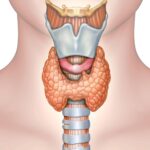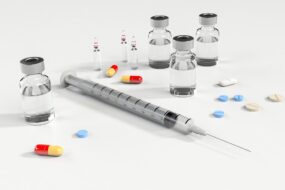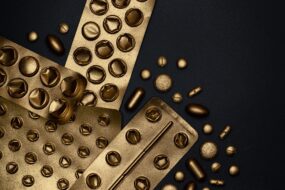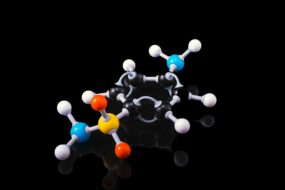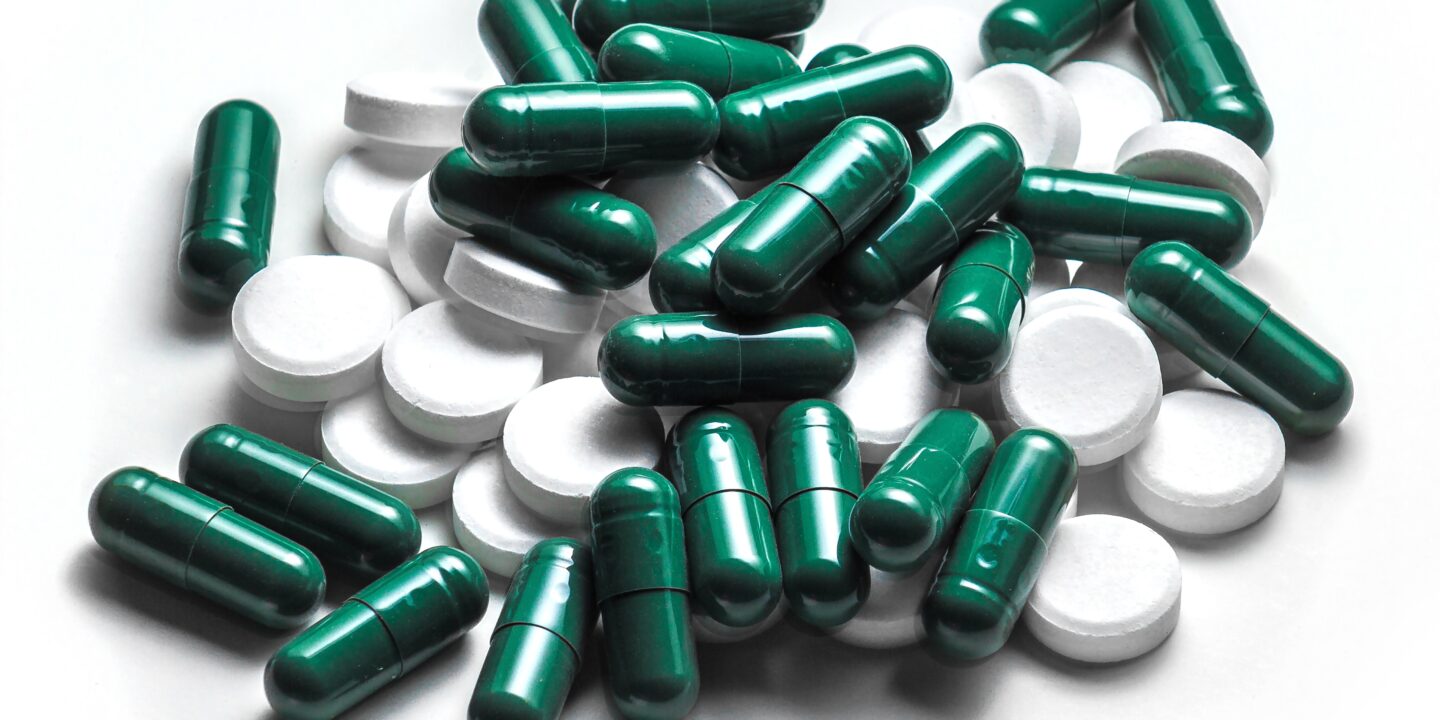
Colchicine is an alkaloid from Colchicum autumnale, used in the management of gout. It does not inhibit the synthesis or promote uric acid excretion; hence, it does not affect blood uric acid levels.
Mechanism of action.
· In gout, it disrupts the cytoskeletal functions by inhibiting β-tubulin polymerization into microtubules.
· This prevents activation, degranulation, and migration of neutrophils.
· It increases gut motility through neural mechanisms.
· Also interferes with the intracellular assembly of inflammasome complex present in neutrophils and monocytes, which mediates the activation of interleukin-1β.
Clinical uses.
- Treatment of acute gout.
- Prophylaxis to prevent a further attack of acute gout.
- Treatment of pericarditis after ST-elevation myocardial infarction (STEMI).
Adverse effects.
- Nausea, vomiting, watery or bloody diarrhea.
- Abdominal cramps.
- Pharyngolaryngeal pain.
Toxicity.
In overdose, colchicine produces:
- Kidney damage.
- CNS depression.
- Intestinal bleeding.
- Death due to muscular paralysis and respiratory failure.
Drug interaction.
- Azithromycin increases the level and effect of colchicine by P-glycoprotein efflux transporter.
- Prednisone decreases the level and effect of colchicine by affecting hepatic/intestinal enzyme CYP3A4 metabolism.
Contraindication.
· Should not be coadministered with strong CY3A4 inhibitors in patients with hepatic or renal impairment.
· Patients with both renal and hepatic impairment.
Dosage.
- ZYCOLCHIN, GOUTNIL 0.5 mg tablet.


